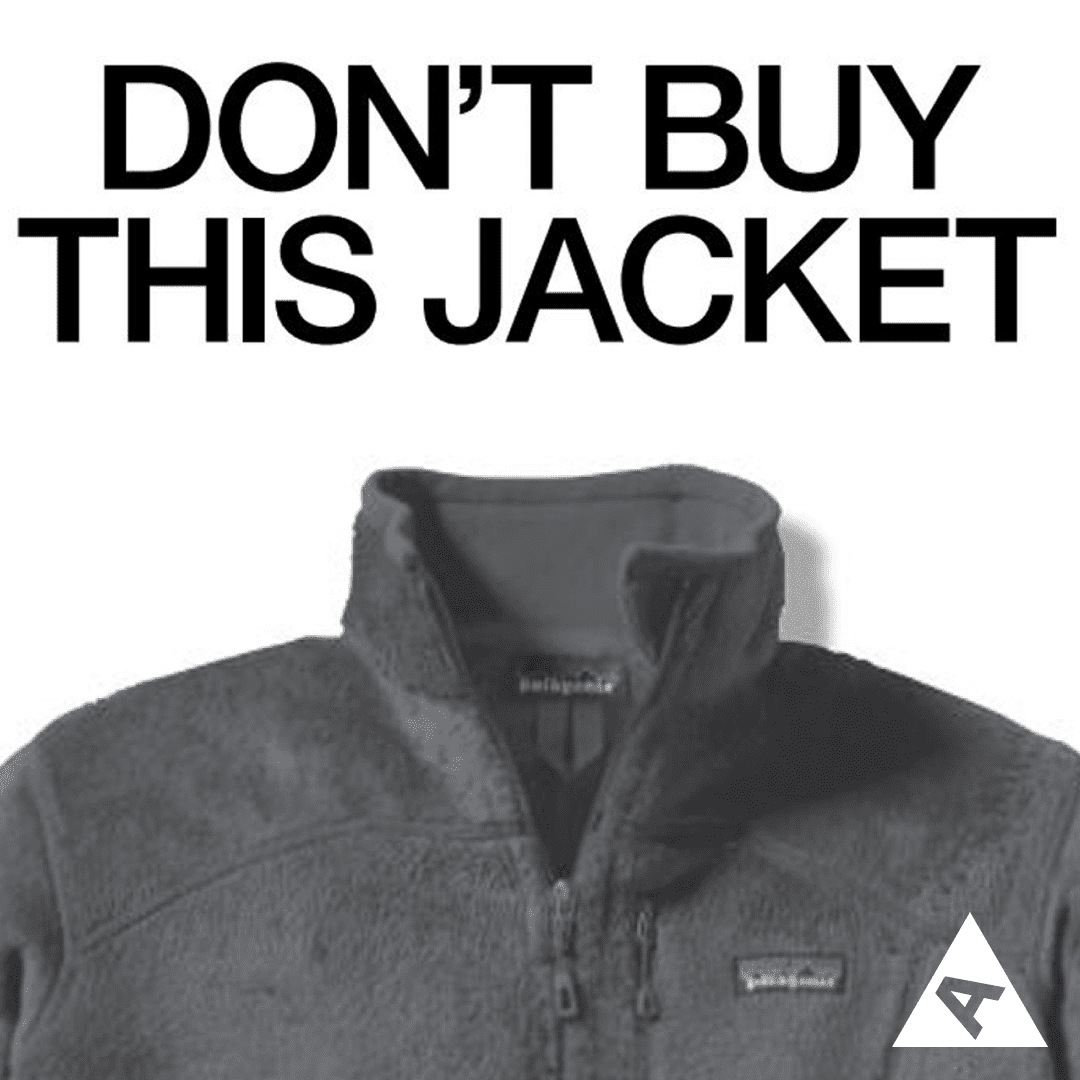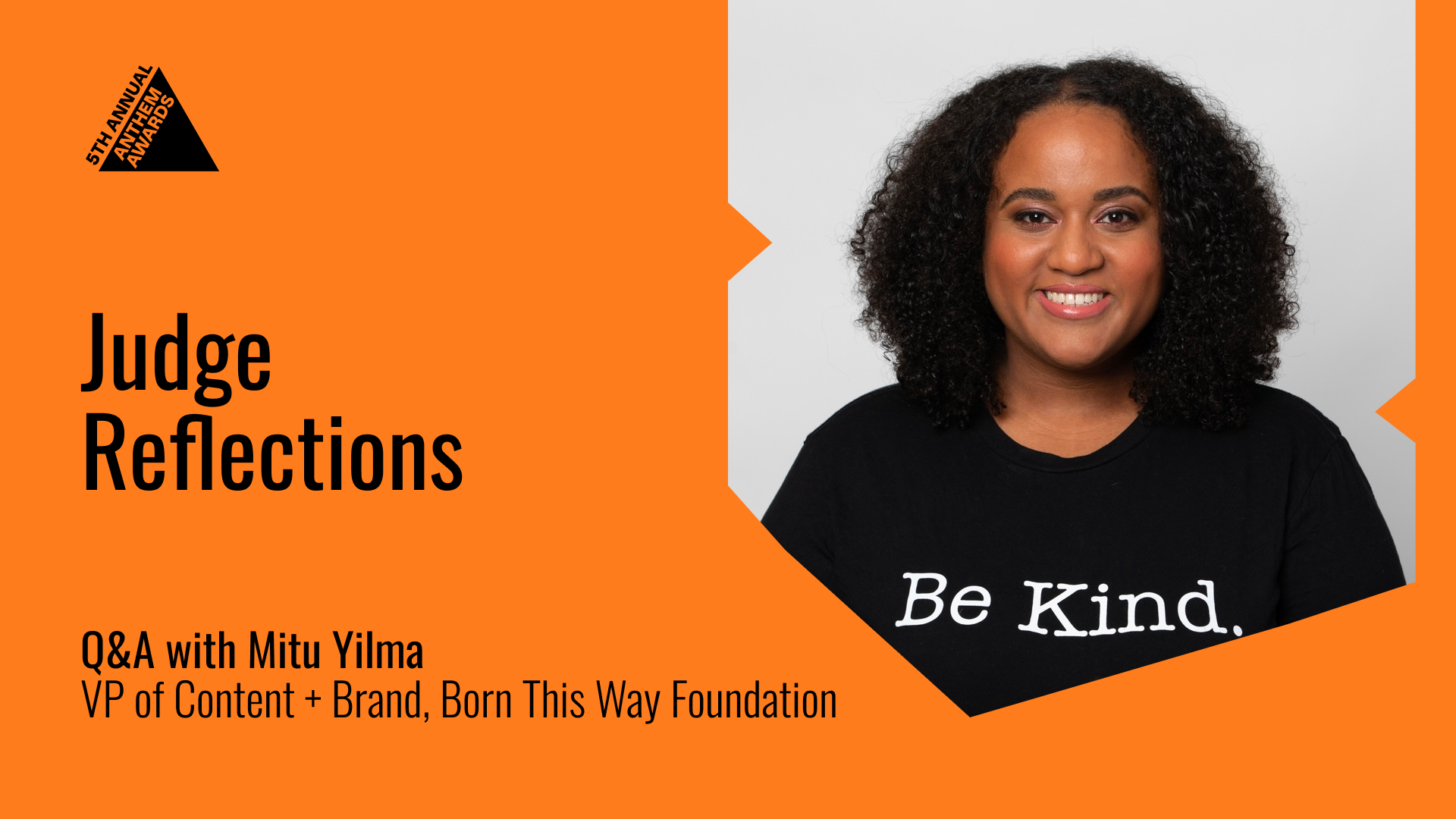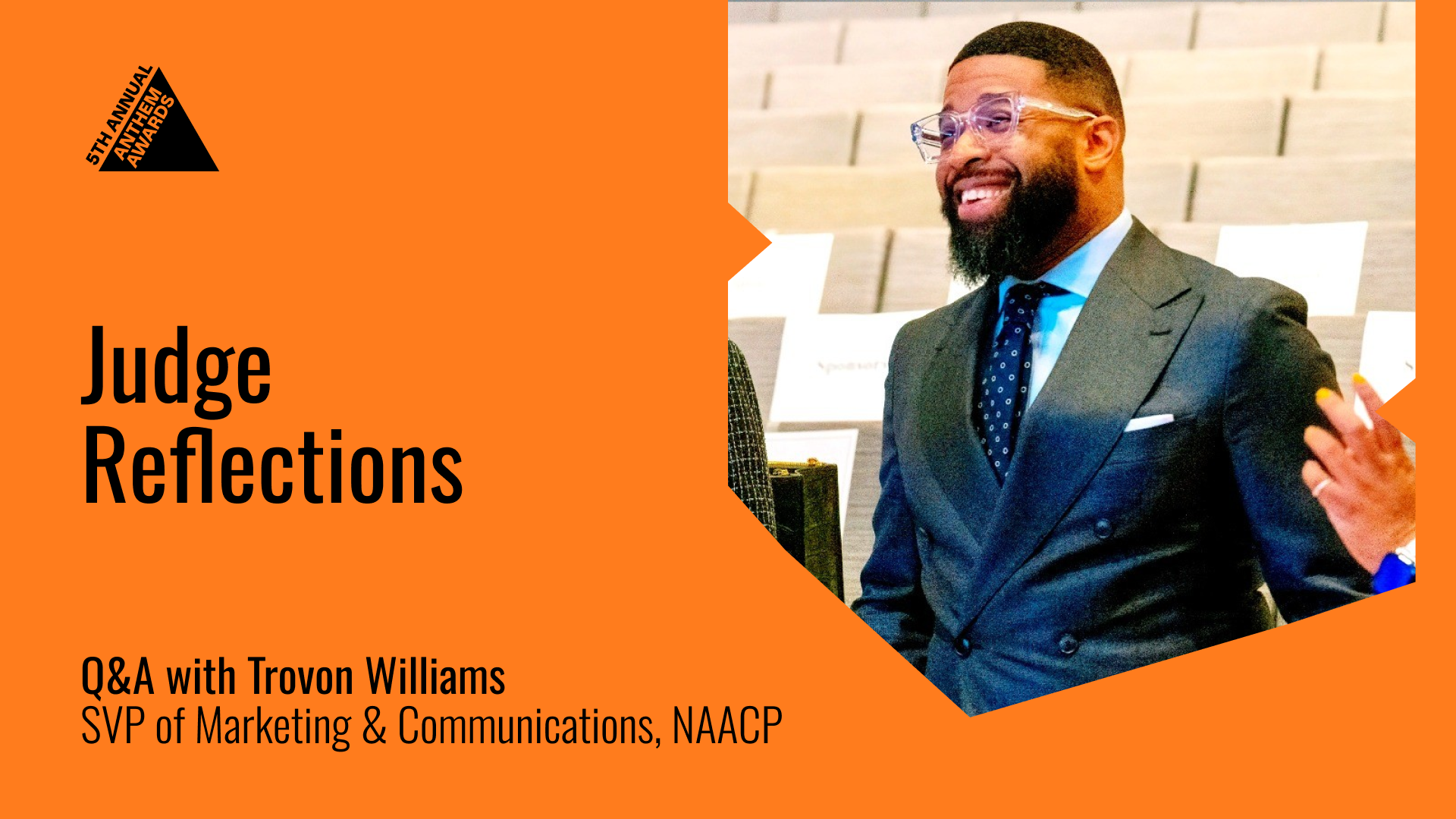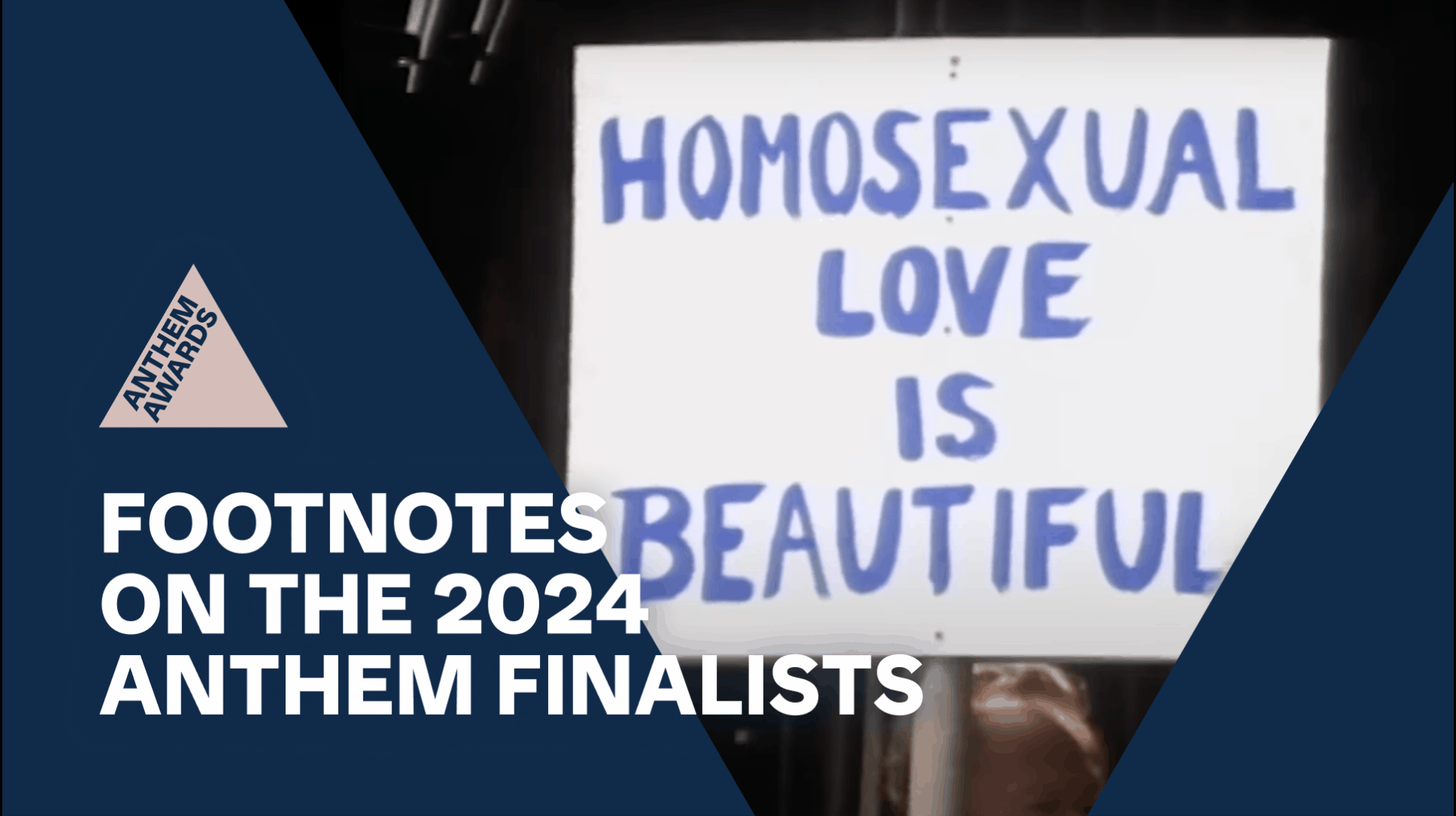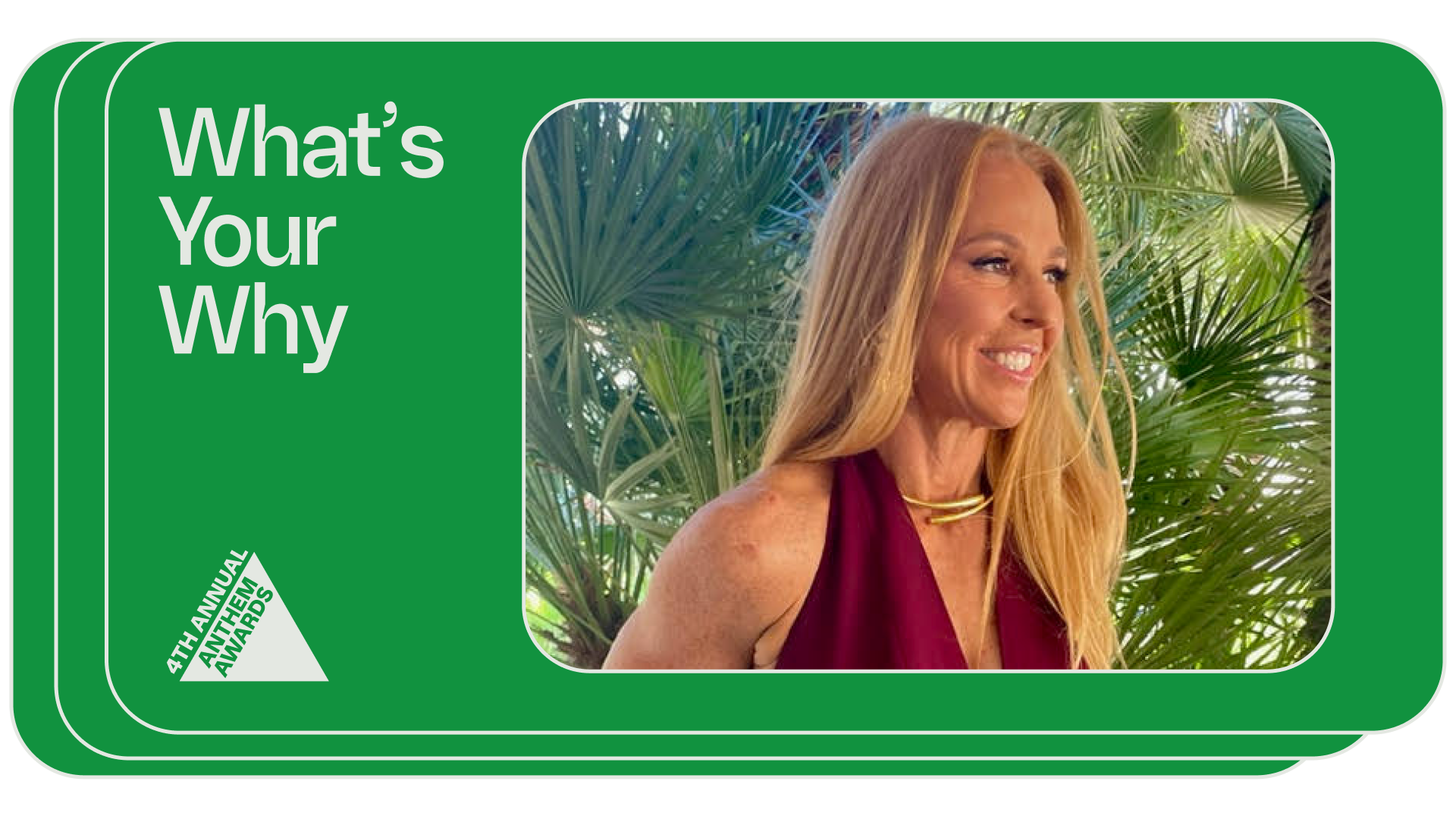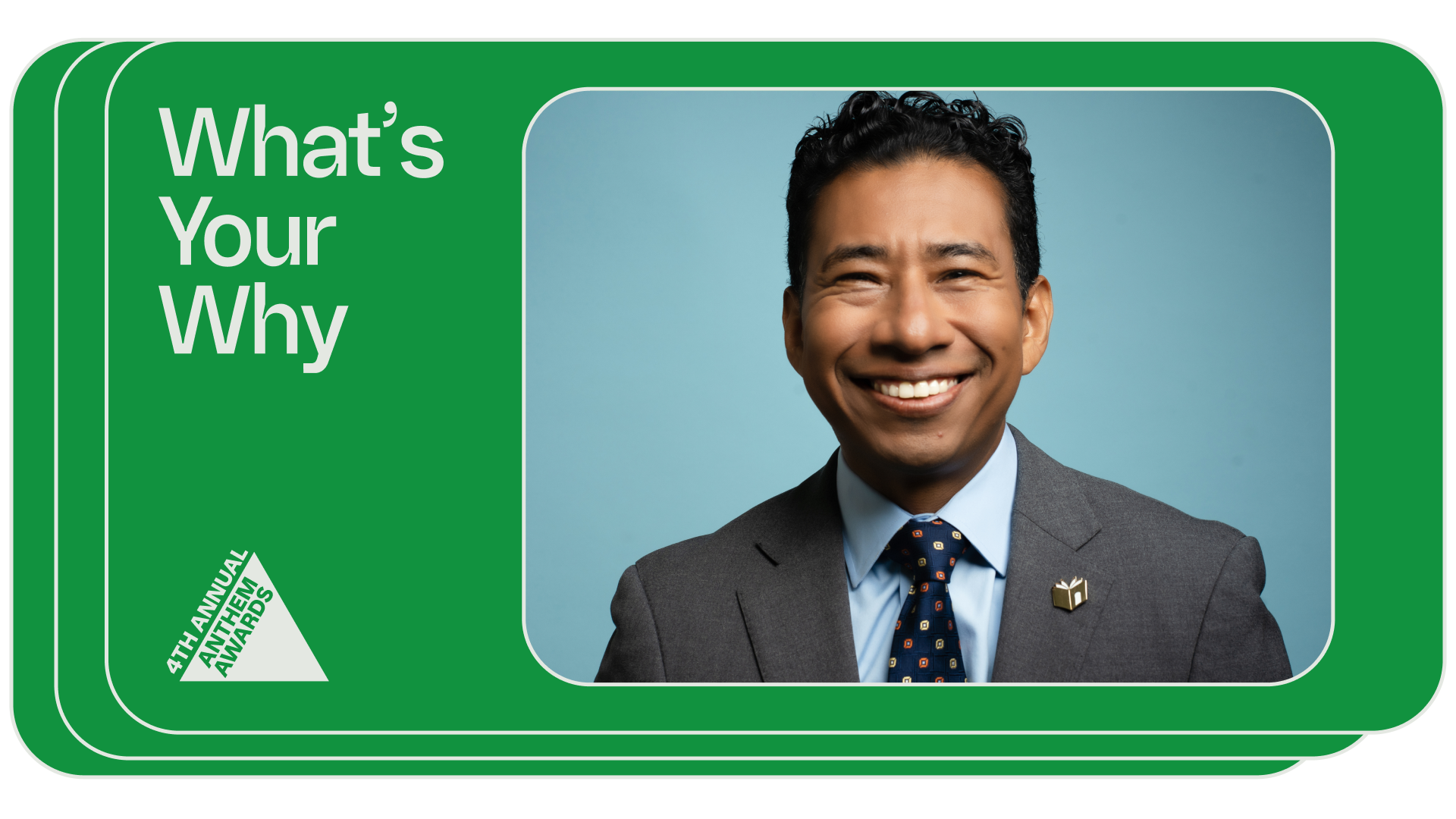What’s Your Why With George McGraw: Igniting Global Change with Local Action
Clean water is a basic human right. Yet, millions of homes still lack access—from across the Global South to Atlanta, Flint, and the Navajo Nation. We spoke with George McGraw, Founder and CEO of DigDeep for a roadmap out.
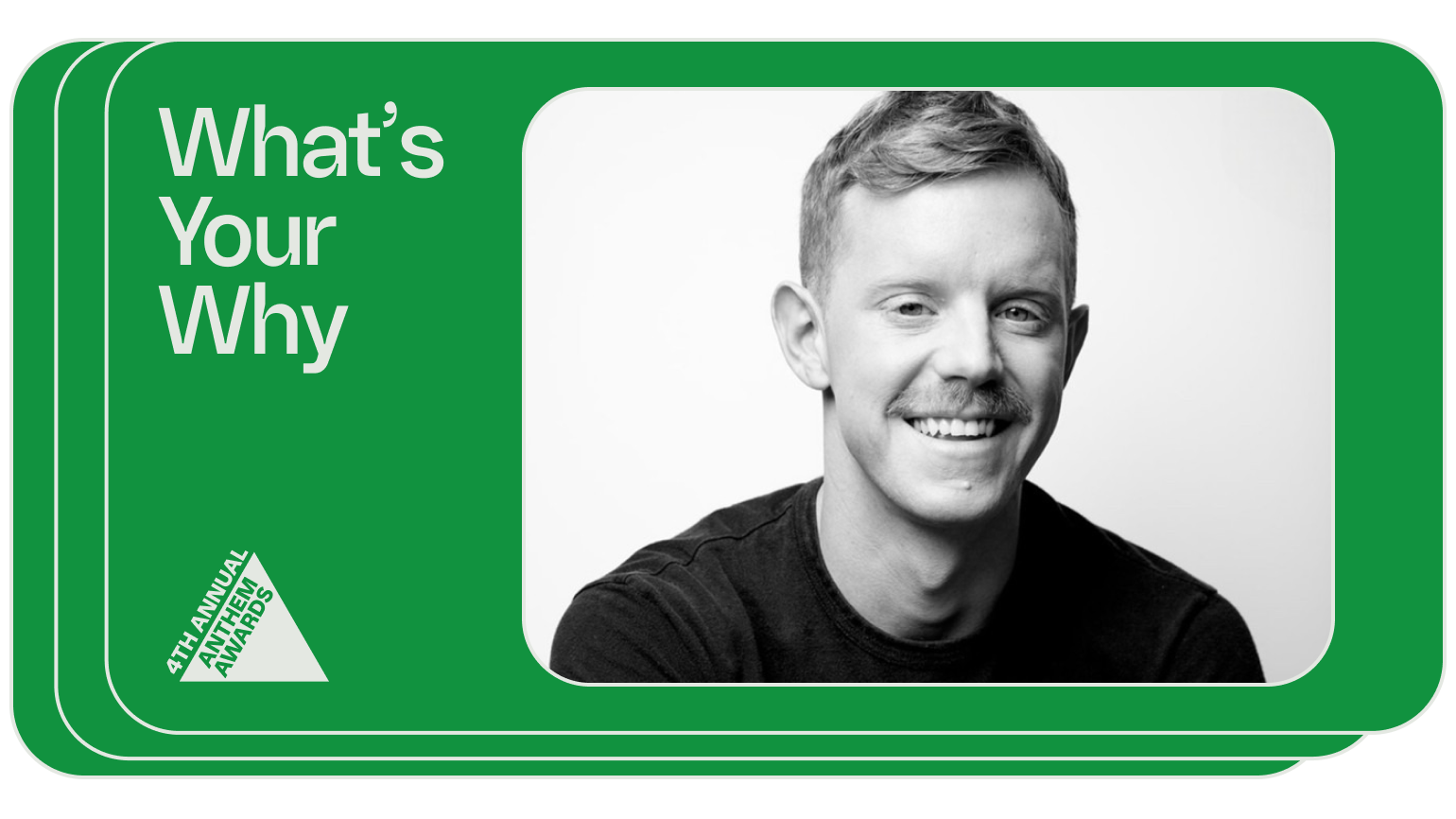
What’s Your Why is a new series by The Anthem Awards team. We’re asking Anthem jurors to explore the guiding principles that have and continue to shape their journeys in social impact.
A deep respect for water and empathy for those who lack it fuels Anthem Juror George McGraw’s fight to end water scarcity. In 2013, he founded the independent nonprofit DigDeep to build safe drinking water systems in Cameroon and South Sudan—only to get a harrowing wake-up call that their services were needed in the United States.
This drove them to launch DigDeep’s first nationwide initiative, the Navajo Water Project, in 2014. At this turning point, McGraw realized that lacking clean water isn’t just a Global South issue but a worldwide one. DigDeep now exclusively serves the millions of Americans living with water insecurity daily, expanding their work to families across Appalachia and the colonias at the Texas-Mexico border.
Read on for a closer look at his life-saving work and the North Star that keeps him grounded in his advocacy.
It wasn't until I met a Navajo family in rural New Mexico without running water that I began to understand how deeply inequitable our water system can be, even in the wealthiest country on earth.
Can you tell us a bit about the work you do? How long have you been working in social impact?
I help get running water and working toilets to the 2.2 million Americans who still don’t have them. (And because of climate change, that number is still growing!) I’ve been working on this issue for my whole career, first as a nonprofit founder and now as Water and Power Commissioner for LA.
Why were you drawn to this cause or social issue? Do you have a memory or moment that sparked your interest?
I was deeply obsessed with water as a kid, but I thought if you wanted to help people get it, you had to work in other countries. So I started my career in South Sudan and Cameroon. It wasn’t until I met a Navajo family in rural New Mexico without running water that I began to understand how deeply inequitable our water system can be, even in the wealthiest country on earth. Now I focus on the US full time.
What background or lens do you bring to this space? How do they shape the way you tackle projects or initiatives?
My queerness deeply informs my work. Queerness is magical. It breaks down the walls of convention that separate us from ourselves and from one another. It can help you do incredible things. I grew up in a place that didn’t value that difference; that powers my work to make everyone’s home a safer, healthier, happier place to live.
Who do you do this work for? Which communities are you interested in uplifting through your projects and why?
I work for every American who struggles to get enough clean water to make it through the day. Families without water come from every state and background, but (maybe unsurprisingly) race is still the strongest indicator of whether or not you’ll have running water in your house today. Indigenous folks are 19 times more likely than white families to lack access; Black and Latino families are twice as likely.
In social impact, the work is long and the road isn’t easy. What is your North Star, principle or philosophy that keeps you going? What keeps you rooted?
“Everything is figureoutable.” For decades people looked at this problem and scratched their heads, “Running water for that rural Navajo family? That’s impossible!” But nothing’s impossible when you’re creative and relentless.
Can you share three bodies of work that inspire your own?
- Fenton Johnson’s 2017 Essay, “The Future of Queer“
- Scott Harrison’s work at Charity Water
- And the novels of NK Jemisin (because when you fight for social justice, you need a place to escape to)
Want to Have Your Work Seen by Leaders in the Impact Industry? Enter The Anthem Awards!
The 4th Annual Anthem Awards is judged by the International Academy of Digital Arts & Sciences, a membership body of intellectually diverse leaders and executives across the impact industry. Anthem judges’ expertise spans a wide spectrum of issue areas, including LGBTQIA advocacy, racial equity, climate justice, gun control, corporate sustainability, healthcare access, fundraising, responsible technology, and many more.
To put your work in front of them, enter before our Final Entry Deadline on Friday, July 12th!


